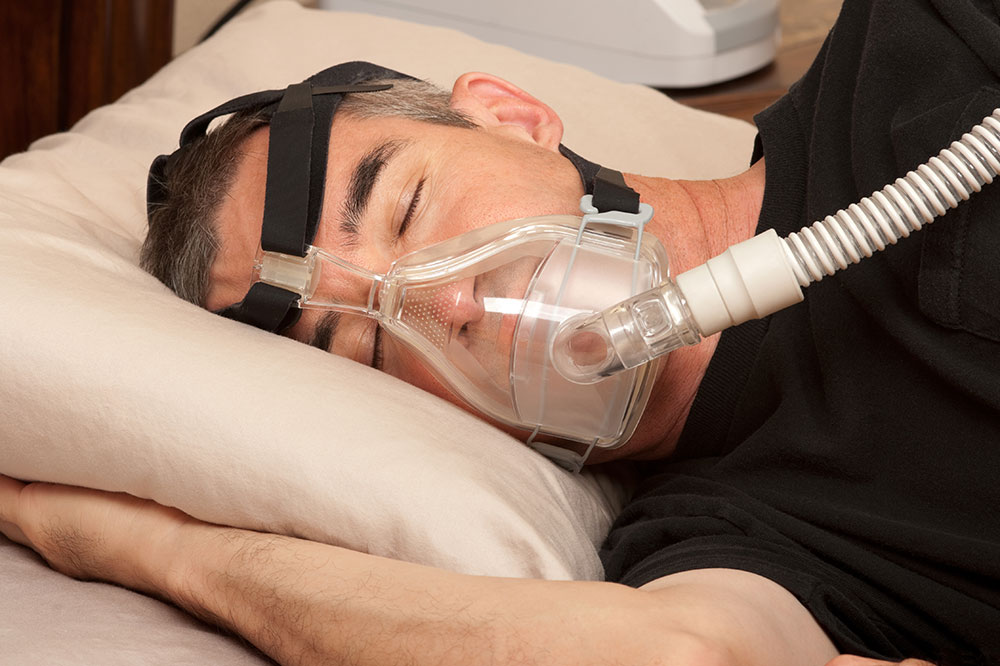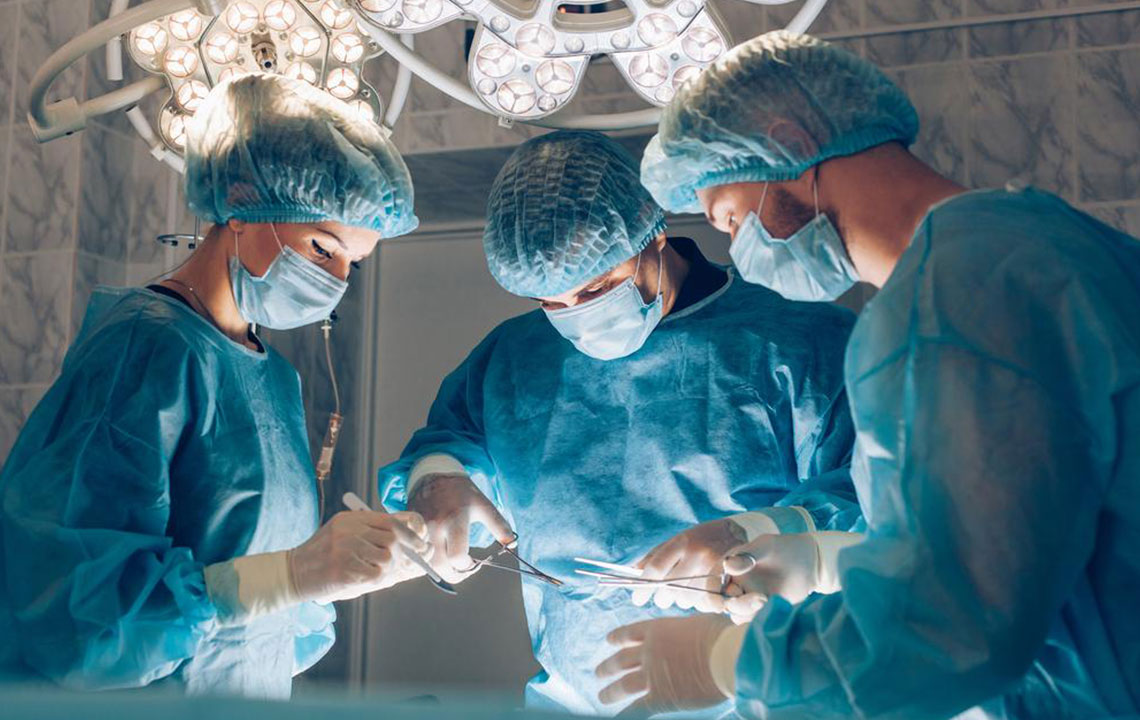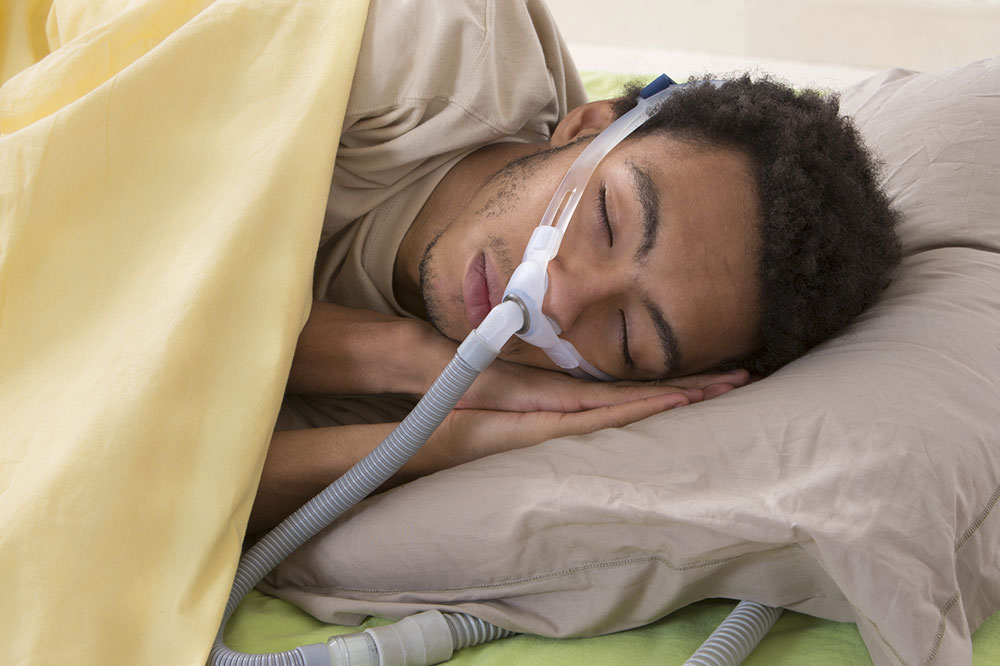Effective Medical Options for Managing Sleep Apnea
Explore effective medical options for managing sleep apnea, including PAP therapies, nerve stimulation, and surgical procedures. Early intervention improves health outcomes and sleep quality.
Sponsored

Recommended Medical Approaches for Sleep Apnea Management
Sleep apnea is a serious sleep disorder that can lead to significant health issues. It often causes increased blood pressure and breathing interruptions during sleep. Addressing this condition promptly is crucial to prevent complications.
Below are key medical interventions that can alleviate or eliminate sleep apnea symptoms.
Positive Airway Pressure (PAP) Therapy
This is the most common treatment for sleep apnea sufferers. It involves wearing a mask over the nose, mouth, or both, connected to a machine that delivers pressurized air.
Various PAP devices exist to meet individual needs:
Constant Positive Airway Pressure (CPAP) – delivers a steady single pressure.
Bi-Level PAP – provides a higher pressure during inhalation and a lower during exhalation.
Auto CPAP – automatically adjusts pressure based on real-time requirements.
Adaptive Servo-Ventilation (ASV) – designed for central sleep apnea, functioning as a non-invasive ventilator that supplies air as needed.
Hypoglossal Nerve Stimulator This device stimulates the hypoglossal nerve with each breath, moving the tongue away from the airway to facilitate airflow. It’s implanted under the skin on the right chest, with electrodes targeting the nerve and chest muscles.
Surgical Interventions For cases involving significant tissue obstructions or anatomical issues, surgery is considered if CPAP therapy fails. Common procedures include:
Somnoplasty
Tonsillectomy
Nasal surgery
Uvulopalatopharyngoplasty (UPPP)
Jaw advancement surgeries





